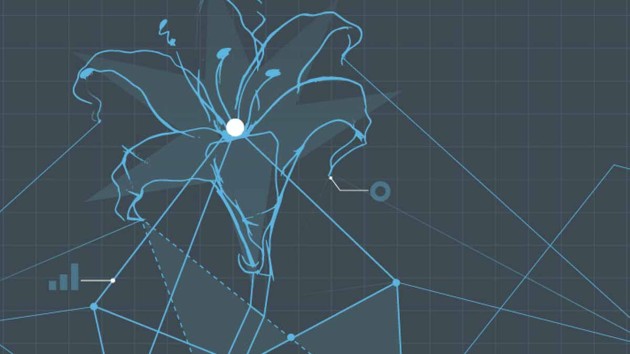Collection |
Collections
Filters
-
Collection Type
-
-
Collection |
 Networks
Networks
Network science is now a mature research field, whose growth was catalysed by the introduction of the ‘small world’ network model in 1998.
Image: Kiyoshi Takahase Segundo / Alamy Stock Photo -
Focus |
 PhDs under publication pressure
PhDs under publication pressure
Regardless of country and discipline, publications are an expectation – if not a requirement – to obtain a PhD. In this Focus issue, PhD students, academics and external stakeholders describe how this focus on publications leads to both, detrimental consequences but also benefits, for individuals and the scientific community. The 28 varied contributions include clear calls for future improvements of the system of support, training, and assessment of PhD students. The discussion is amplified with more contributions on the Behavioural and Social Science community forum (https://socialsciences.nature.com/channels/2140-is-it-publish-or-perish).
Image: mustafahacalaki / DigitalVision Vectors / Getty -
Collection |
 The multidisciplinary nature of machine intelligence
The multidisciplinary nature of machine intelligence
This collection marks the launch of Nature Machine Intelligence by exploring recent developments in the field and their impact on science, industry and society.
-
Focus |
 Social Sciences Replication Project
Social Sciences Replication Project
This focus presents original research evaluating the replicability of twenty-one social science experiments published in Nature and Science between 2010 and 2015 and the responses from eight authors of the original studies whose effects did not replicate (according to the criteria proposed by the replicating authors).
Image: Youst / DigitalVision Vectors / Getty -
Focus |
 Focus on Cooperation
Focus on Cooperation
Cooperation lies at the heart of human lives and society. Understanding how and when it succeeds and fails is key to solving global challenges. In this Focus issue, we pull together papers from across the journal's broad disciplinary scope to understand the state of knowledge on cooperation and highlight future research directions.
Image: Jane/Getty -
Collection |
 Clinical Trials
Clinical Trials
As of January 25, 2018, the NIH, the biggest funder of biomedical research in the world, is implementing policy changes which will affect the majority of US laboratories working with human subjects. We think it is vital for all parties, external stakeholders and the public to engage in an informed, productive debate about these developments to identify issues and opportunities. In this special collection of commissioned opinion pieces, representatives of international funding agencies and science regulators, non-profit organizations and think tanks, and leading basic and clinical researchers in the US and Europe contribute novel, thought-provoking arguments. In an accompanying Q&A, Michael Lauer of the NIH addresses questions regarding the implementation and gives advice on future grant applications.
Image: guroldinneden / iStock Editorial / Getty Images Plus / Getty -
Collection
 Behavioural Economics
Behavioural Economics
The 2017 Nobel Prize in Economic Sciences, in honouring the work of Richard H. Thaler, highlights the growing impact of behavioural economics in science and policy. To mark the occasion, we have put together this collection of behavioural economics articles published this year in Nature Human Behaviour. From a typology of nudges for health-related behaviour change to an examination of under what conditions people will cooperate in order to sustain a public good, the research and opinion published in our pages exemplifies some of the key contributions this fast growing field is making to science and policy.
Image: Fanatic Studio / Alamy Stock Photo

 Economics at Nature Research
Economics at Nature Research